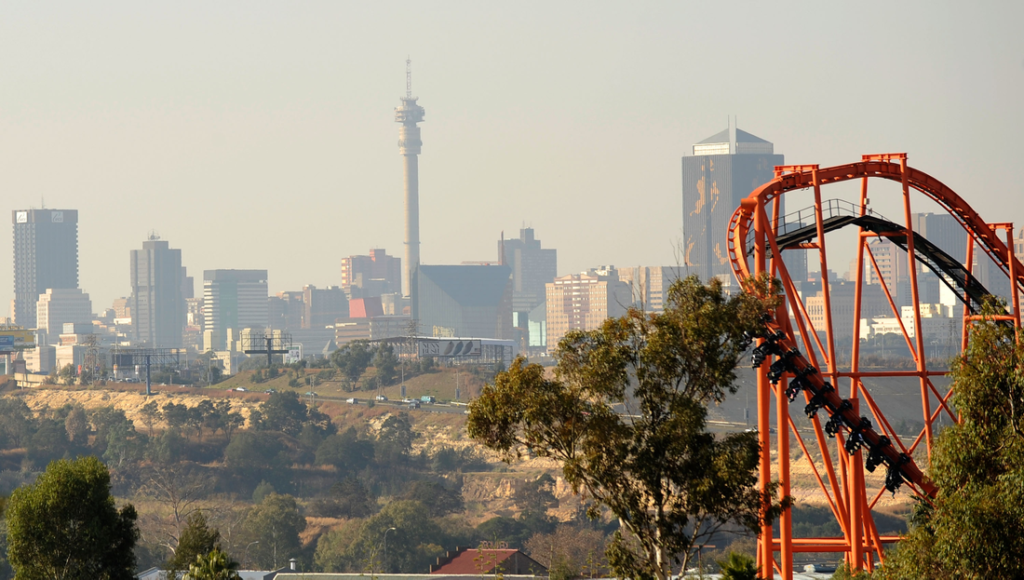Read in
Rich countries are donating more money than ever towards food aid in poorer countries. But that money is a bit like a band-aid that doesn’t heal the underlying wound.
Instead, he said, donors should be much more focused on supporting basic agricultural research. That way, improvements to protect crops from climate change and boost their yield—technology that is now standard-issue in rich countries and for their staples, like corn and wheat—can be adapted to the climate conditions of sub-Saharan Africa and to crops like cassava and yam. “Certainly without better seeds, we are going to fall short,” he said.
It’s not just food security. The world is not on track to meet almost any of the “sustainable development goals” adopted by the UN in 2015, according to a new report by the Bill and Melinda Gates Foundation. Climate change, the pandemic, and the war in Ukraine all threw wrenches in the works, Gates explained. But donor countries are also stuck in outmoded approaches to aid that undervalue the potential impact of local scientific innovation, which requires sustained, long-term investment, he said.
Looking ahead to the COP27 climate summit in Egypt in November, Gates also said the focus by activists and the host country on climate aid finance may be a distraction: “I hope the meeting ends up being a constructive thing, and not just a shrill “where’s-the-money?” thing,” he said.
—Tim McDonnell, Cairo-based climate change and energy correspondent



